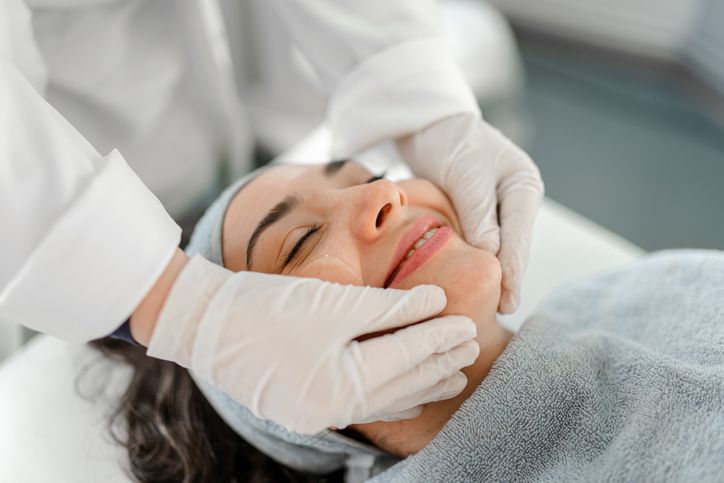What is Folliculitis? An In-depth Look for Beauticians
For beauticians, having a keen understanding of various skin conditions is vital. One common condition that frequently impacts clients is folliculitis. So, what is folliculitis? At its core, folliculitis refers to the inflammation of hair follicles, leading to red, bumpy patches on the skin. Being able to identify and manage this condition effectively will not only enhance your services but also ensure your clients receive the top-notch care they deserve.
Folliculitis typically presents as multiple small red bumps or white-headed pimples surrounding hair follicles, often accompanied by itching or discomfort. Clients may seek your expertise for guidance on suitable treatment options, making early recognition and proper management essential to prevent more serious complications.

Recognizing Symptoms and Causes of Folliculitis
This condition usually surfaces as clusters of small red bumps or pus-filled spots that may feel itchy or painful. It could easily be mistaken for a common skin rash, albeit folliculitis is specifically linked to the hair follicles. It can develop anywhere on the body with hair, but it's most prevalent on the arms, legs, back, and scalp.
Identifying the Causes of Folliculitis
The triggers for folliculitis can vary, including:
- Bacterial infections, primarily from Staphylococcus aureus.
- Fungal or viral infections.
- Friction from tight clothing or shaving.
- Exposure to hot tubs or the use of unclean beauty tools.
For a deeper dive into the causes, consider checking out this informative piece on folliculitis and skin abscesses.
How to Manage and Treat Folliculitis
As beauty professionals, while we aren't equipped to diagnose medical conditions, we can certainly support our clients in managing them through practical, non-medical treatments. Encouraging good hygiene practices and avoiding tight clothing that might rub against the follicles can help reduce flare-ups.
Non-Medical Treatment Options
Some helpful non-medical recommendations include:
- Applying warm compresses to relieve discomfort.
- Gently cleansing with antibacterial soap.
- Suggesting products that contain benzoyl peroxide or salicylic acid.
However, in cases of persistent or severe folliculitis, it's best to recommend that clients see a dermatologist. They might prescribe antibiotics or antifungal medications to effectively tackle the issue.
Preventive Strategies in Beauty Settings
Maintaining high hygiene standards in your practice is essential to prevent the spread of conditions like folliculitis. Regular sterilization of your tools, providing disposable gloves during treatments, and ensuring pristine workspaces are non-negotiable components of client care.
For further insights, take a look at this article from DermNet NZ about preventative practices in beauty and skincare services.
The Importance of Folliculitis Awareness in the Beauty Industry
While folliculitis may seem minor, its recurring nature can significantly affect clients' self-esteem and comfort levels. Being educated about this condition and the best practices to aid those affected can solidify your reputation as a knowledgeable and reliable beauty professional in your community.
By utilizing educational resources and staying informed on skin care management, you reassure your clients of your commitment to their well-being, ultimately enhancing your credibility and the quality of service you provide.
For more information on skin and hair follicle conditions, you can explore Skinsight, which offers an in-depth examination of various conditions, including folliculitis.

FAQs About Folliculitis
- Can folliculitis clear up on its own? Yes, mild cases typically resolve without medical intervention. Maintaining good hygiene and avoiding additional irritation can facilitate healing.
- Is folliculitis contagious through shared tools? It can be, which highlights the necessity of sterilizing tools and adhering to strict hygiene standards in beauty environments.
- When should a client consult a physician? If the condition continues for more than a couple of weeks or worsens, its advisable to seek medical advice to prevent complications.
For a more scientific exploration into folliculitis, you can refer to this valuable resource on PMC.
Additionally, check out insights on managing skin conditions, such as antifungal body wash, or discover whether baby oil is beneficial for your hair. You might also want to read about castor oil and hair growth.

